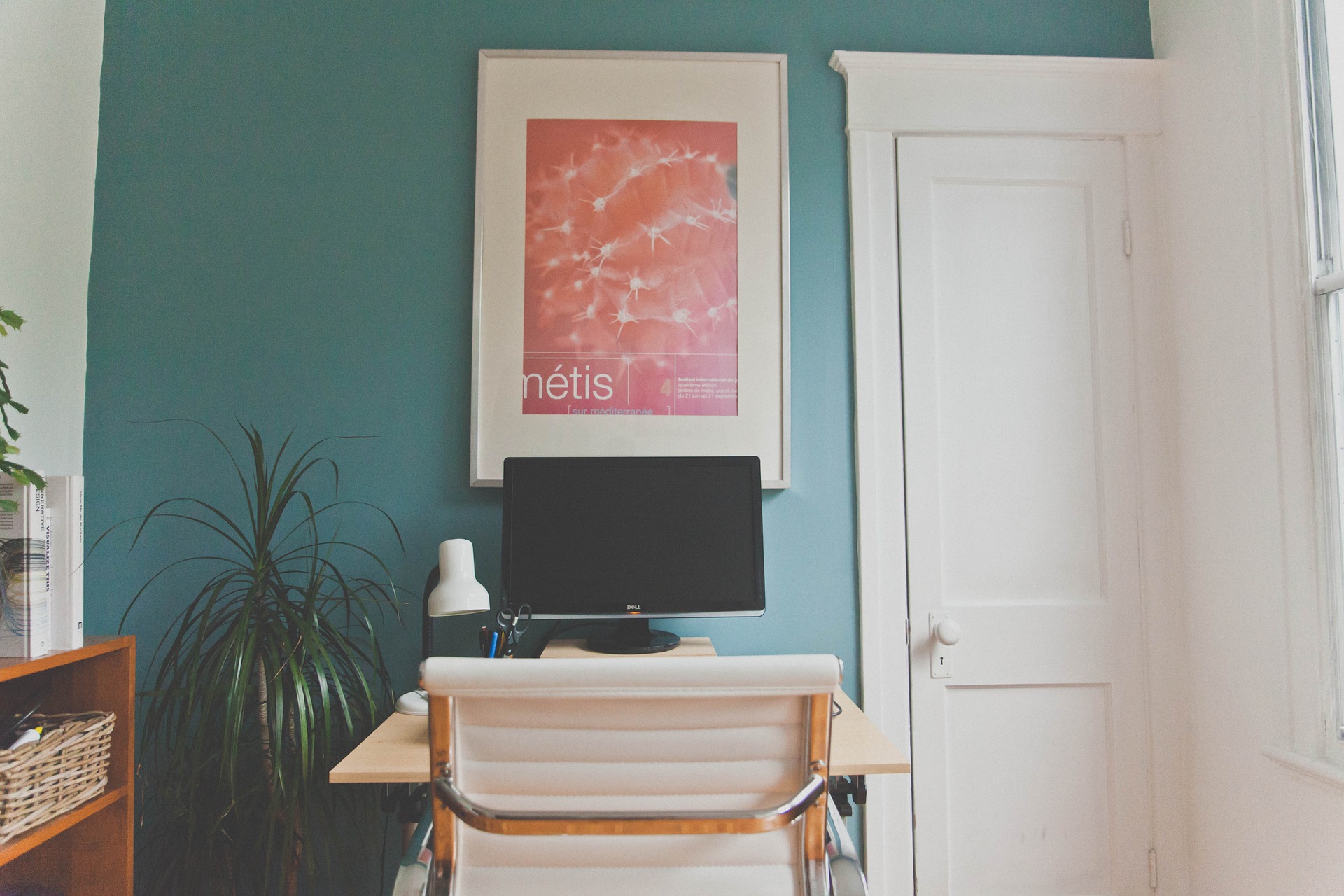5 Ways to Reduce Stress When Working from Home
Whether you’ve always worked from home or began as a result of COVID-19, you’ve likely realized that the coveted WFH status isn’t always what it’s cracked up to be. From taking care of the kids to resisting the temptation of Netflix, there are specific stressors that come along with working from the comfort of your sofa. That means finding ways to reduce stress is particularly important for those putting in work hours from their favorite chair.
If that’s you, know that you’re not alone.
One study found that 41% of “highly mobile” employees (i.e., the ones who WFH the most) considered themselves highly stressed, compared to 25% of employees who worked onsite only.
While you may be able to set your own schedule, wear whatever you like, and avoid annoying coworkers, working from home comes with its own set of stressors.
These WFH stressors include things like:
- Lack of structure
- Difficulty staying focused
- Feeling distracted
- Social isolation
- Limited reward/praise
- Taking care of children
- Caring for sick family members
- Expectations to work longer hours
- Pressure to be available 24/7
What’s more, a recent study found that 70% of Americans who transitioned to working from home during COVID-19 are struggling to maintain a healthy work-life balance.
If you are willing to put in the effort to reshape your current work from home patterns, these tips are surefire ways to reduce stress!
5 Ways to Reduce Stress when Working from Home
Maybe you were more productive when you first started working from home. Perhaps you thought it would be easier than being in the office. After a while, though, unique stressors build up as a result of working from home.
To alleviate these pressures, it is critical to find ways to reduce stress that work for YOU.
Start with one of these ideas and work your way through if you feel so inclined, implementing what feels right for you and your lifestyle.
1. Set a Schedule
It can be tempting to stay up late, sleep in, or take extended lunch breaks. However, working only when you can find the time invites distraction to impede your work. Setting a schedule (and sticking to it) can help de-stress your time “at the office.”

HOW TO SET A SCHEDULE YOU CAN STICK TO
There are a few considerations to keep in mind when building your schedule to help you stick to it day in and day out.
- Work when it makes sense for you. While most people feel most productive if they get to work in the morning hours, some may find they work best in the evening hours. Determine your most productive time of day and make a plan to work at that time.
- Do the most difficult tasks first. We often avoid tough projects – consciously or subconsciously. This can prevent you from ever getting started, so it’s best just to tackle the challenging items on your to-do list first. You’ll feel a sense of accomplishment that can carry you through to the next task. Long term, you’ll feel less stress and greater satisfaction.
- Utilize technology. Use new or existing technology tools to help you stick to your schedule. Set social media limits on your phone, use timers, create checklists… whatever will help you see your new schedule through!
2. Limit Distractions
If you wouldn’t do it during work, don’t do it at home. It’s tough, but getting your work done within a specified period helps you feel more accomplished and, in turn, less stressed.
Don’t sit near the TV.
Set specific windows of time to check personal email, social media, etc.
Use timers for breaks.
Sometimes other people cause distractions. In these instances, it’s essential to learn to say “no.” A simple, “I need to get to get to work” works just as well at home as it did in the office.
3. Stay Connected to a Cohort
Sometimes it’s nice to be alone – especially if you have a frustrating co-worker you’re happy to be away from. Other times, the solitude can feel intolerable.
And productivity thrives on connection.
Find colleagues, work-from-home friends, or like-minded individuals you can keep in touch with through social media, video calls, or planned meetings. This little community can keep you going when you’re in your home office feeling disconnected from socialization.

4. Take Vitamin B12
Few supplements are as versatile as vitamin B12. From improving energy and sleep to lowering stress and fatigue, there are tons of reasons vitamin B12 belongs in the workplace.
Studies show that employees who regularly take vitamin B12 supplements report decreased stress levels. One study revealed that taking a vitamin B-complex supplement significantly lowered personal strain, confusion, and depressed/dejected mood.
Expect to take the supplement for 2-3 months before seeing results. Or, consider getting B12 shots. The supplement is absorbed more quickly in shot form, as it bypasses the GI tract, which can have trouble processing the vitamin.
5. Reward Yourself
Keep yourself motivated with small rewards throughout the day. This may involve breaking your large tasks down into smaller items that you can complete in an hour or so. As you complete each one, check it off your list and allow yourself some type of reward.
Personalize your rewards so they are something you actually want. This could be candy, a quick stretch, a podcast or music break, a few minutes to read… whatever keeps you looking forward as you work your way through your to-do list.
All of these ways to reduce stress while working from home require a commitment to change. Stick with it, and your stress levels will melt away. What tip will you start with?
Contact us to learn how a monthly B12 shot can reduce work stress!